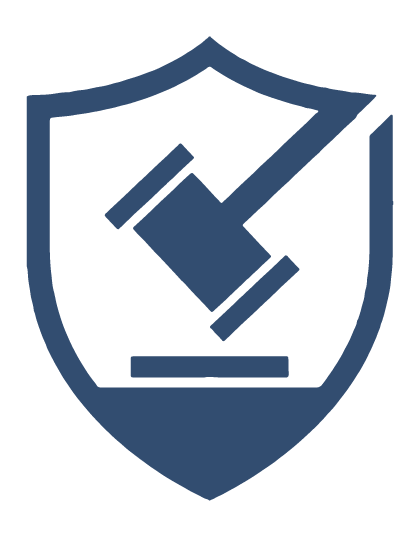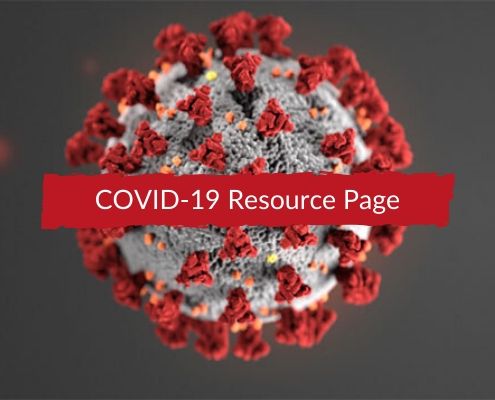Education
Seeking a higher education can be vital to achieving individual career goals. The cost of a higher education can be a substantial burden for many people. Click below for resources on some common education topics including student loans.

Federal Student Loan Restart
On April 6, 2022, the U.S. Department of Education extended COVID-19 emergency relief for student loans through Aug. 31, 2022. The emergency relief includes the following measures for eligible loans:
Have questions? Find out what loans qualify and get additional information about the COVID-19 emergency relief for student loans.
The Basics of Student Loans
- The Department of Education’s website is a great information source for student loans.
- There are two types of student loans: federal student loans and private student loans. Other sources of financial assistance are federal grants and work-study.
- Most student loans are federal student loans and are always recommended before the use of private student loans because they offer flexible repayment options and fixed interest rates.
- Federal Student Loans:
- In order to apply for financial assistance for your education, there are a few things you will need first:
- A FSA ID: A Federal Student Aid ID to access the Financial Aid online systems. The FSA ID also acts as your electronic signature when completing an application.
- A FAFSA: Free Application for Federal Student Aid.
- It is important you review the Federal Student Aid website to learn more about eligibility requirements, estimates of aid, and funding your education.
- The FAFSA will also help you to determine if you qualify for grants or work-study, before you take out any loans. Grants do not have to be repaid to the government, so it is always wise to accept grant money before a loan.
- Federal loans offer lower, fixed interest rates that are favorable to private loans.
- There are many different programs available to help you repay a federal student loan. Many of these programs offer flexible repayment or income-based repayment options. The U.S. Department of Education provides information about these programs.
- In order to apply for financial assistance for your education, there are a few things you will need first:
- Defaulting on a Federal Student Loan:
- When a student loan payment is delinquent for more than 270 days, the loan goes into “default.”
- A loan with a “default” status may have serious legal consequences plus loss of eligibility for future federal student aid.
- The federal government has extraordinary powers to collect student loans if you default.
- These powers include tax refund offsets and federal benefits offsets, and have no time limit.
- Private Student Loans:
- Private student loans are made available through banks and other financial institutions that lend money without any financial backing from the federal government.
- There are no interest rate limits on private loans. These interest rates may end up being very high and cost the borrower much more in the long term.
- A private loan will also require a good credit score to avoid high interest rates.
- Most private loans do not offer the same range of flexible repayment plans and other borrower protections that government loans offer.
Avoiding Scams
- A potential scam to avoid is paying money for any service that offers to help you complete a financial aid application or offers financial aid advice for a fee.
- These services can cost a lot of money and are not necessary because there are many free resources available to help you with financial aid processes and information.
- You should never have to pay for financial aid assistance. You may get help finding money for college, completing a FAFSA form, or getting help with your student loans for free through a college financial aid office, official websites, or the Federal Student Aid Information Center.
- Another potential danger is identity theft. If you suspect your student information has been stolen, there are several steps you may take to report the activity.
- Check your credit report through an official Credit Bureau (Equifax or TransUnion)
- Report to the U.S. Department of Education’s Office of Inspector General Fraud Hotline
- Check with the Social Security Administration.
- Utilize the Federal Trade Commission’s Identity Theft Recovery Plan.
For Profit Colleges
- For-profit colleges are managed and governed by private organizations and corporations.
- Problems that consumers sometimes encounter with for-profit colleges include inflated or misleading job placement rates, manipulation of student grades, and attendance records and illegal recruitment practices.
- Consumers who are misled during the enrollment process and finance their education using federal student loans may be eligible for loan forgiveness programs.








